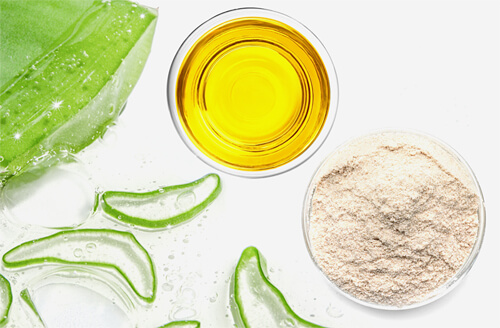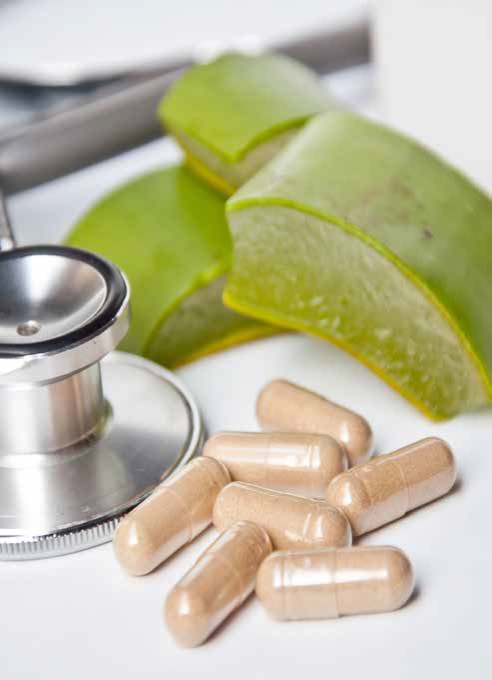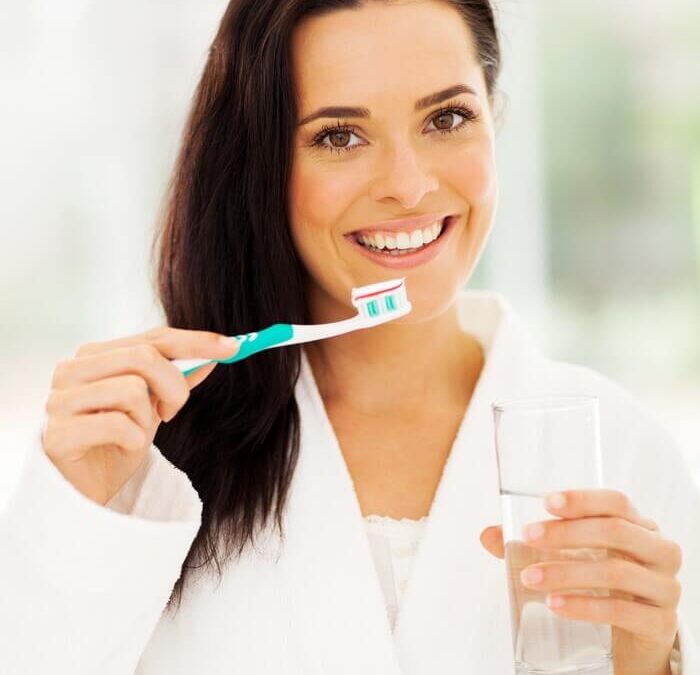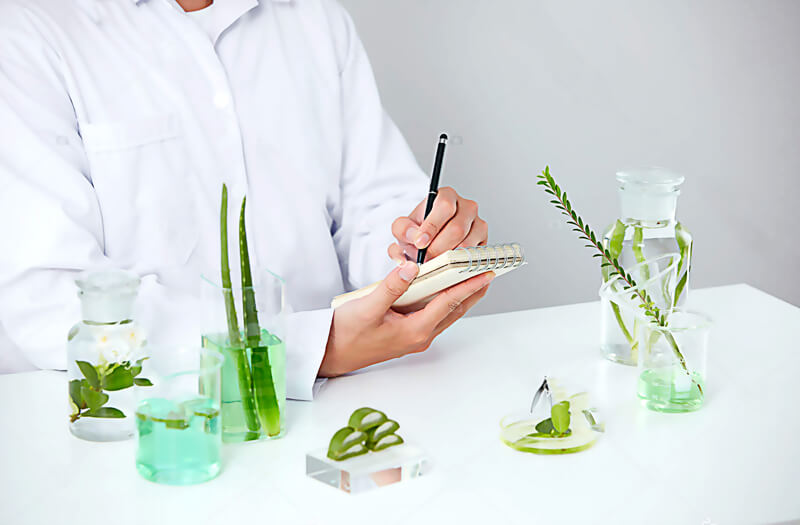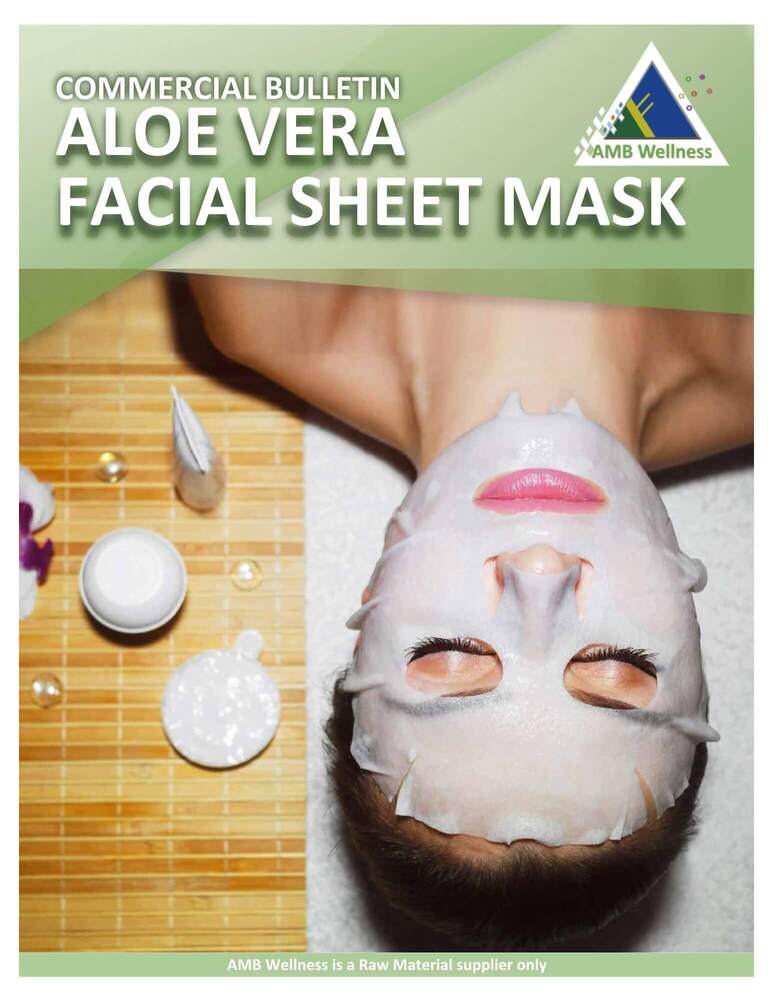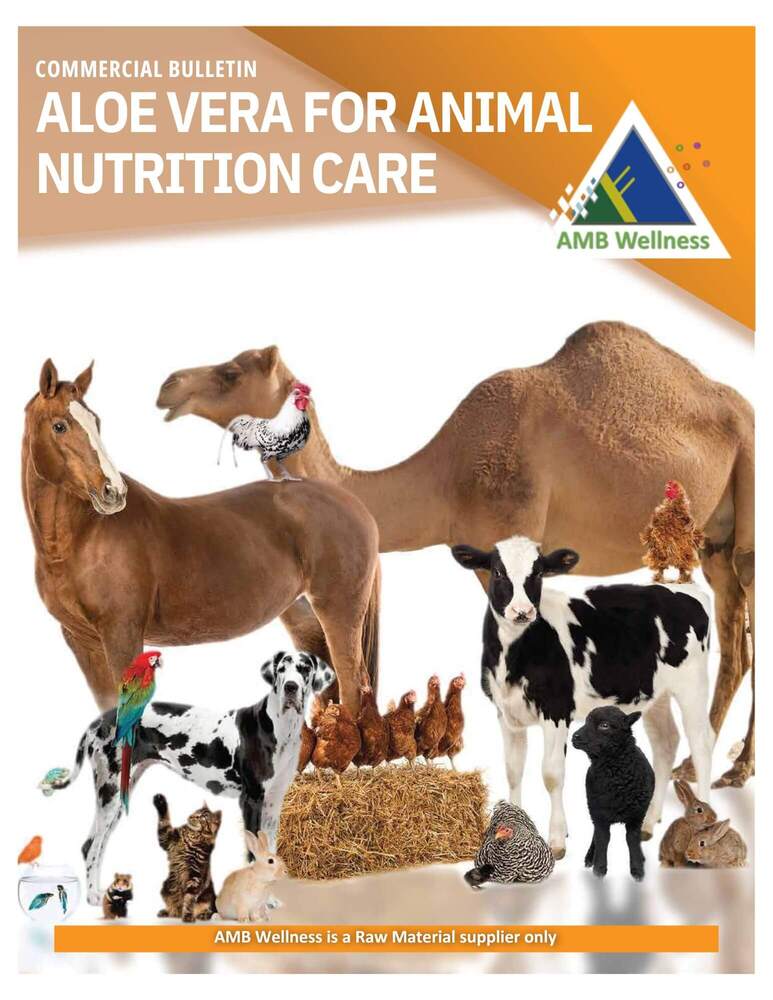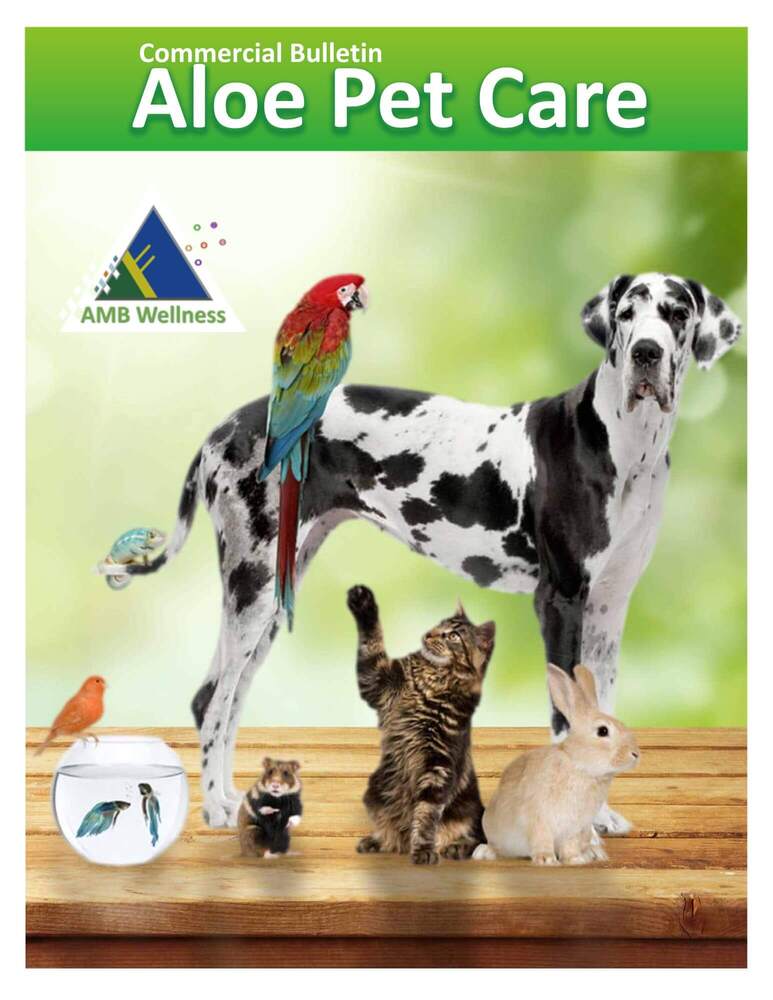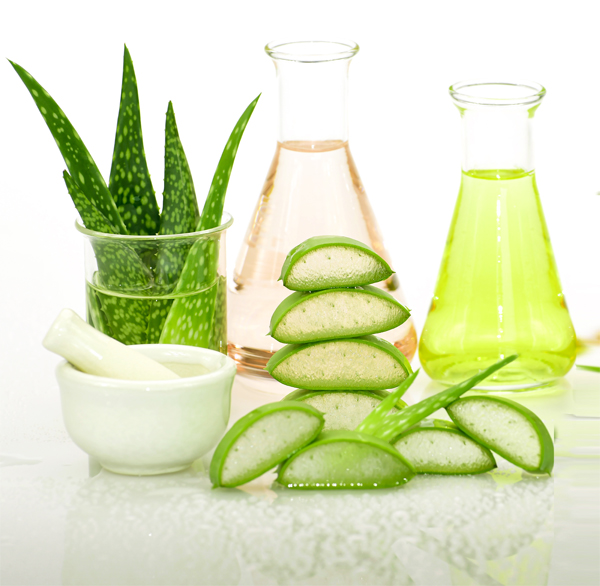Authors FIRMANSYAH, Ferdy; VAJRIKA, Silvi Ayu; MUHTADI, Wildan Khairi
Aloe vera is efficacious as an antibacterial activity , treat acne caused by the bacteria Propionibacterium acnes, viscosity, dissolution, diffusion, and bioavailability of the preparation, determine the effect of the combination of Carbopol 940 base and HPMC as a gelling agent on the physical properties and antibacterial activity of aloe vera gel against P. acnes bacteria, tests of adhesion, dispersibility, and viscosity as well as measurement of antibacterial activity by measuring the diameter of the inhibition zone formed on the media, physical properties of the aloe vera gel, adhesive power, viscosity decreased, dispersion power increased, antibacterial activity so that it can treat skin infections, aloe vera flesh was 100% effective against Gram- negative bacteria and 75.3% against isolated Gram-positive bacteria, aloe vera meat inhibited the growth of Propionibacterium acnes by an average of 8.4 mm and could inhibit the growth of Staphylococcus aureus by 18 mm, topical application is gel with various combinations of Carbopol and HPMC bases, hydrogels are very suitable for topical preparations with excess sebaceous gland function, Carbopol are that it is compatible with various active substances, is bioadhesive, has stability, organoleptic characteristics and good patient acceptance, while HPMC is inert , does not cause skin irritation, has good resistance to microbial attack, and provides film strength. which is good when it dries on the skin, combination of Carbopol and HPMC in the gel preparation of aloe vera flesh extract can affect the physical properties of the gel

